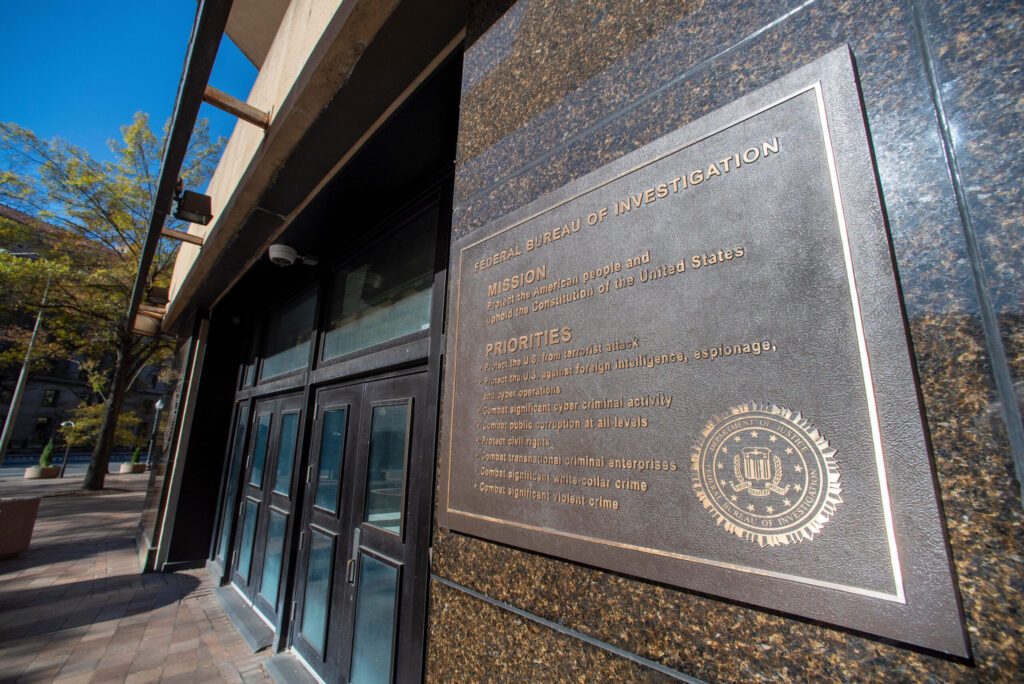Colorado state plan outlines recommendations for recruiting, retaining teachers
The Colorado Department of Higher Education and the Colorado Department of Education are outlining recommendations for recruiting and retaining more teachers in a strategic plan and report for the legislature.
The “Colorado’s Teacher Shortages: Attracting and Retaining Excellent Educators” focuses on four key goals: improving educator retention, increasing teacher compensation and benefits, attracting talent to high-need areas and producing more graduates from educator preparation programs. State officials also recommend enhancing the perception of teaching through a statewide marketing campaign and consideration of more career exploration opportunities for high school students interested in education.
The plan will be presented at the Public Education and Business Coalition Superintendent Forum on Thursday. The Colorado Senate and House education committees will review the plan this winter, and CDE and CDHE will provide ongoing planning and support.
House Bill 17-1003 directed CDHE and CDE developed the plan to help curb the state’s educator shortage, which is nearing a crisis in many Colorado districts. The bill was authored by Rep. Barbara McLachlan, D-Durango, and Sen. Don Coram, R- Montrose, and signed by Gov. John Hickenlooper in May.
The plan was informed by the accompanying report “Teacher Shortages Across the Nation and Colorado: Similar Issues, Varying Magnitudes,” which looks at national and state trends.
Colorado sees about 5,000 educator openings each year, but the supply has not kept pace with demand: Enrollment in and completion of educator preparation programs have declined by 24 and 17 percent respectively since 2010, and nearly a third of Colorado educators will be eligible for retirement over the next several years. Compounding these trends, Colorado loses approximately 16 percent of new classroom teachers within the first five years of teaching, the report states.
Part of the plan includes teacher pay raises to help increase retention rates.
“Low teacher salary is one of the top reasons for teacher departure from the profession and for teacher mobility across school districts in the same state, ” department spokesman Lindsay Sandoval told Colorado Politics. “Sixty-seven percent of teachers who left the profession in 2011-12 stated that they would reconsider entering the field for a salary increase. Teacher salaries need to be increased to ranges that allow teachers to earn a livable wage in many districts and to offset the cost of educator preparation.
The educator shortage has affected nearly every district, the department says, but rural and small rural districts have felt it most acutely, especially in the Western Slope, southwest, southeast and northeast regions of the state. These rural school districts have experienced increased difficulty recruiting and retaining educators-particularly in the areas of secondary math, secondary science and speech pathology. A study conducted by Elizabeth superintendent Douglas Bissonette found that 95 percent of Colorado’s 147 rural school districts pay an average salary below the district’s standard of living.
“We know that educators make all other professions possible, and attracting top talent to our school districts, especially in rural areas, is a must,” said Kim Hunter Reed, executive director of the Colorado Department of Higher Education. “We look forward to engaging in policy conversations to advance solutions that will support our teachers, students, and communities.”
To inform the recommendations, state officials hosted 13 town hall meetings with more than 400 participants and administered an online survey that drew nearly 6,500 responses. State officials also met with about 100 participants involved with different education groups. Discussions were held in Ridgway, Parachute, Fort Collins, Centennial, Denver, Leadville, Colorado Springs, Otis, Ignacio, Limon, Las Animas, Vilas and Monte Vista.
Many of the recommendations would require community and education partnerships, such as expanding “grow your own” educator or teacher residency programs, while some could be implemented on a state level. Noting the large number of districts that offer average salaries below the cost of living, state officials suggested exploring minimum salaries at or above their cost of living and establishing incentives for educators who teach in hard-to-staff districts and content areas, including STEM and special education.
“We’re already seeing creative community solutions in supporting educators, and we’ll continue to rely on these partnerships as we look to implement high-impact recommendations,” said Katy Anthes, Colorado’s education commissioner. “Now that we’ve collected all of this valuable feedback from communities around the state, I look forward to continuing the discussion with our legislature, state board, districts and educator preparation programs.”












